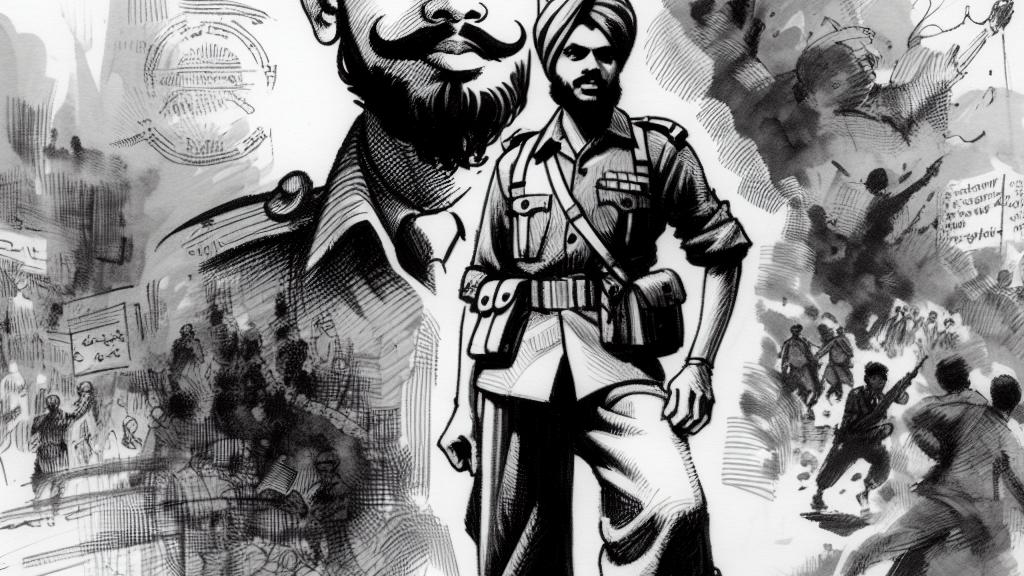Bangladesh Army Chief Supports Yunus' Interim Government Amidst Turmoil
Overview
- General Waker-uz-Zaman wholeheartedly backs Muhammad Yunus during a critical transitional phase.
- Yunus aims for transformative reforms to uphold democracy and facilitate free elections.
- The complex interplay between military and political history influences Bangladesh's future.

Military Support for Transition
In a pivotal moment for Bangladesh, the military's support for Muhammad Yunus' interim government marks a significant alignment of power. General Waker-uz-Zaman, the army chief, has stepped forward to offer unwavering backing, asserting, "We will stand firm to ensure the nation's stability!" His commitment comes in the wake of violent protests and the ousting of Prime Minister Sheikh Hasina, which highlights the military's evolving role. As protests erupted, claiming over 1,000 lives, the military chose to support Yunus rather than intervene directly, illustrating a shift away from traditional military intervention. This willingness to stabilize the nation rather than exert political control is not just groundbreaking; it’s essential for nurturing a climate ripe for democratic processes.
Yunus' Reform Agenda
Stepping into the role of chief adviser, Muhammad Yunus brings a wealth of experience and a vision for reform. Renowned as a pioneer of microcredit, he intends to implement sweeping changes across Bangladesh's judiciary, police, and financial sectors. His mantra is straightforward but powerful: "A democracy thrives on transparency and accountability!" By championing reforms that reflect the people's voices, Yunus demonstrates a commitment to restoring public trust in government. For instance, the interim government aims to address allegations of forced disappearances by forming an investigative commission. Each initiative Yunus proposes is more than just policy; it's a promise to the people of Bangladesh that their struggles are acknowledged and addressed, fostering hope in a climate of uncertainty.
Historical Context and Future Outlook
The roots of Bangladesh's political structure run deep, interwoven with a history marked by military influence and fervent struggles for democracy. Since its independence, the nation's journey has been tumultuous, yet it offers vital lessons for the present. General Zaman articulates a clear message: "The army's role is to protect our sovereignty, not to dictate politics!" This philosophy paves the way for a potential shift, emphasizing the need for a delicate balance between military support and civilian governance. As Yunus and Zaman collaborate, their efforts are a beacon of hope—a chance for the nation to overcome its past and look towards a more equitable future. The success of this partnership will be determined in the coming months as they navigate the complexities of governance while honoring the aspirations of the Bangladeshi people.

Loading...